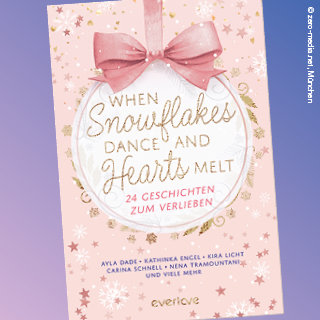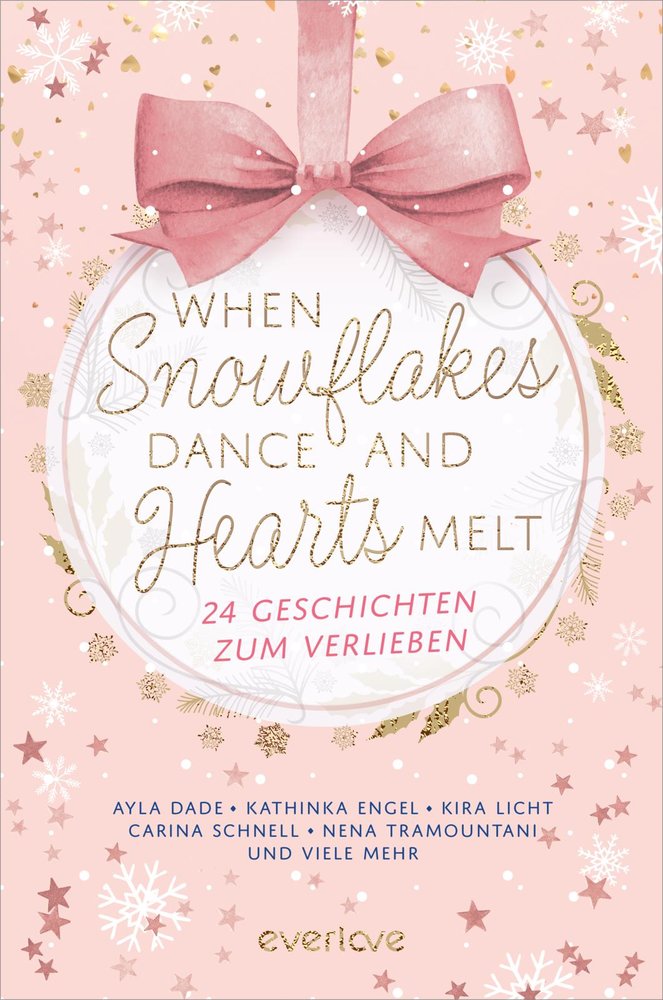Das perfekte Geschenk für die Vorweihnachtszeit!
24 romantische Kurzgeschichten für die Vorweihnachtszeit verkürzen das Warten auf das Weihnachtsfest! Ob kuscheliges Schlittenfahren, gemeinsames Plätzchenbacken oder Glühweintrinken vor dem Kamin: Diese 24 Weihnachtsgeschichten erzählen von der großen Liebe und versetzen selbst den Grinch in Weihnachtsstimmung! Hinter jedem Türchen versteckt sich neben einer prickelnd-gefühlvollen Kurzgeschichte ein weihnachtliches Rezept oder ein emotionales Gedicht, exklusiv von den Autoren und Autorinnen.
Ein Adventskalender mit Geschichten von Jennifer Adams, Mareike Allnoch, Anika Beer, Sophia Como, Ayla Dade, Anna Dietrich, Andreas Dutter, Kathinka Engel, Anna Rosina Fischer, Christian Handel, Nicole Knoblauch, Laura Labas, Kim Leopold, Kira Licht, Liane Mars, D.C. Odesza, Justine Pust, Stefanie Santer, Nina Schilling, Carina Schnell, Andreas Suchanek, Nena Tramountani, Leni Wambach, Ana Woods







